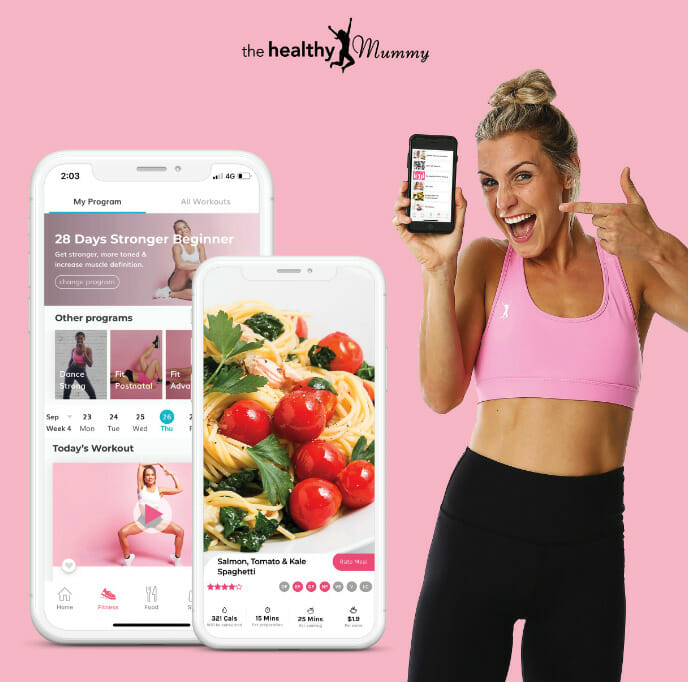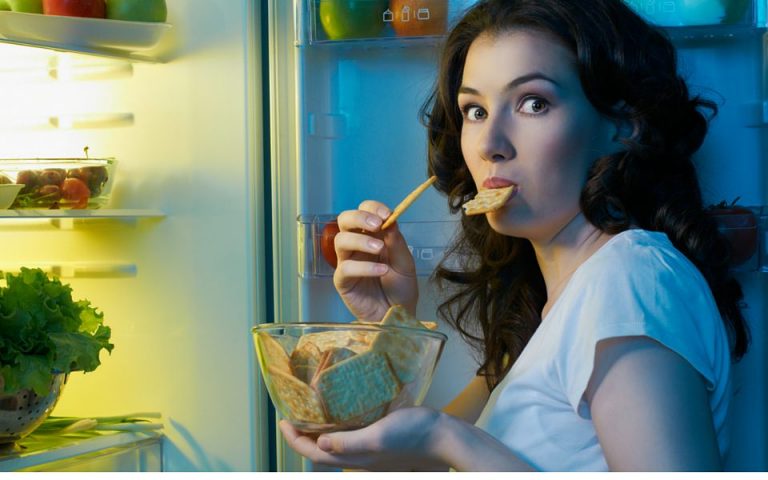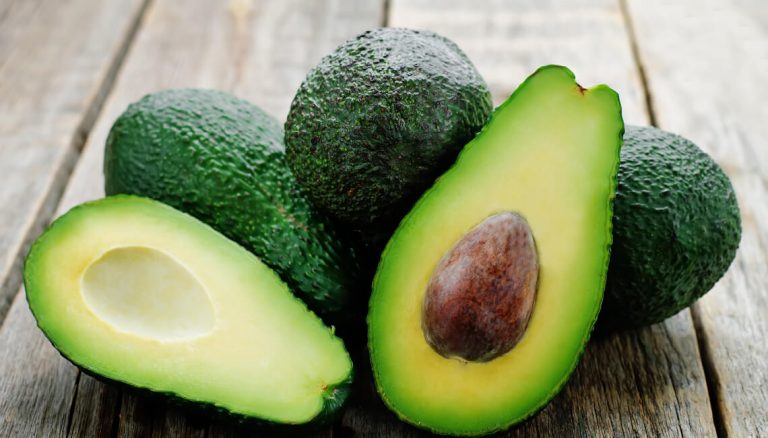The signs of heat stress you need to look out for this summer
With severe and extreme heatwaves killing more people in Australia in the past 200 years than any other natural disaster, it's important to know the signs.
The heat is most definitely on, with the next couple of days set to be scorchers around the nation.
It’s really important that you can recognise the signs of heat stress – with severe and extreme heatwaves killing more people in Australia in the past 200 years than any other natural disaster.
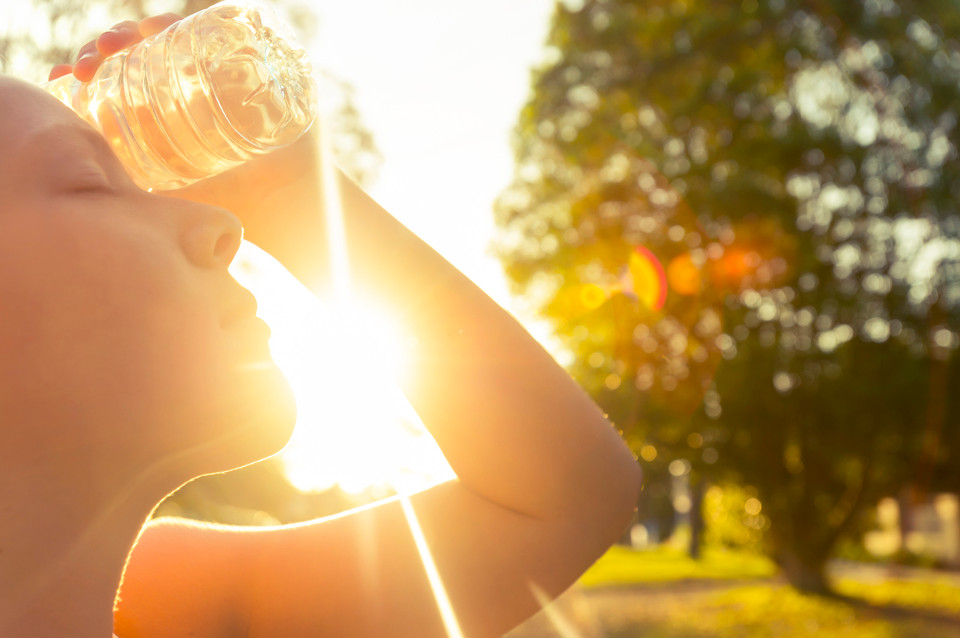
Who is most at risk of heat stress?
Obviously, if your job puts you in direct line of the sun, you’re most likely to be impacted by the weather.
QUT environmental occupational and exercise physiologist Associate Professor Ian Stewart says, “Anyone working outside is at risk, but the more active their job is, the more they are at risk of heat exhaustion and heat stroke.”
What causes heat stress?
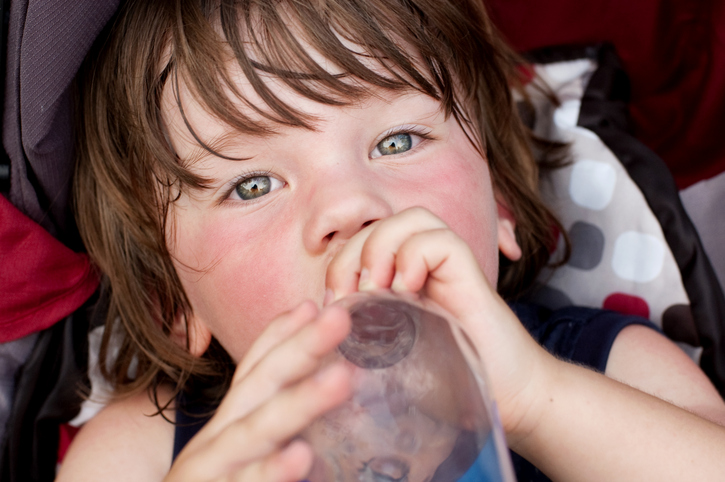
Assoc. Prof. Stewart explains that when the temperature spikes, our bodies find it hard to adjust.
“Everyone generates extra heat internally which, under normal circumstances, dissipates into the cooler air outside the body, so that we maintain a core temperature of between 36° and 37° C.
“But if the air outside is already 37°, your body can no longer get rid of that excess heat – you’ve lost that natural mechanism for dispersing your internal heat. That’s why heatwaves are a so dangerous.”
Humidity can also add another element of danger, because the sweat from your body can no longer cool you down – it’s gone before it can do what it’s meant to.
Who is at risk and what are the signs of heat stress?
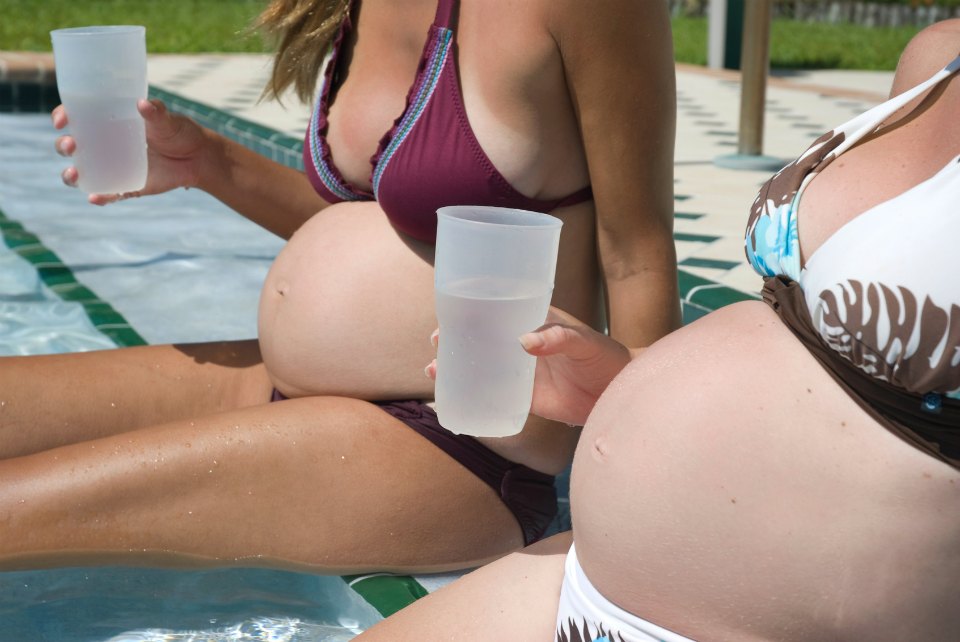
Better Health says anyone is at risk from heat-related illnesses, but there are some groups that are more at risk, including:
- Pregnant women and breastfeeding mums
- Babies and young children
- People on medication for mental illness
- The elderly
- Anyone who is already unwell, particularly with heart disease, high blood pressure or lung disease
Signs of heat-related illness
- Deterioration in existing medical conditions
- Heat rash, caused by excessive sweating. This is most common in young children and looks like a red cluster of pimples or blisters. Look for it on the neck, upper chest, in the groin, under the breast and in elbow creases.
- Heat cramps – including muscle pains and spasms
- Dizziness and fainting
- Heat exhaustion, which is a serious condition that can turn into heatstroke. Look out for paleness, sweating, a rapid heart rate, muscle cramps, headache, nausea, vomiting, dizziness and fainting
- Heatstroke. This is a medical emergency that needs urgent attention, and it means the body’s core temperature is over 40.5 °C. Internal organs can be damaged so the body’s temperature must be reduced quickly.
Better Health says someone with heatstroke will most likely have ‘profound central nervous system changes such as delirium, coma and seizures.
The person may stagger, appear confused, have a fit or collapse and become unconscious. As well as effects on the nervous system, there can be liver, kidney, muscle and heart damage’.
What should you do during a heatwave?
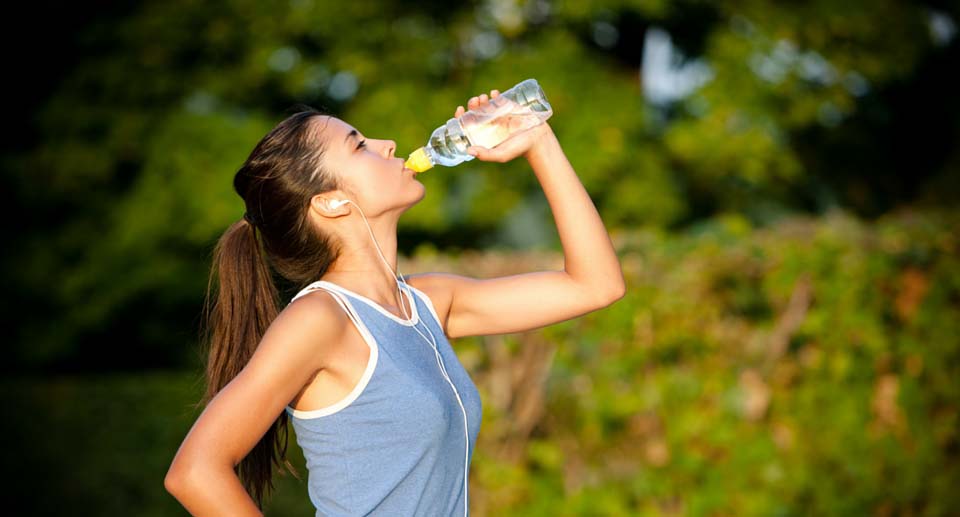
Of course, prevention is better than cure, so here’s what you can do to keep yourself safe during a heatwave.
1. Drink lots of water
Sports dietician Kelly Stewart says, “A little bit of cordial is okay but not too much – we don’t want to end the heatwave 5kg heavier. Active outside workers could benefit from a sports drink during the day to help them retain the fluid they’re consuming but I’d advise a sports drink for children or the elderly only if they are dehydrated.”
2. Stay out of the sun.
3. Be active in the cooler parts of the day
This can mean exercising early in the morning or later in the evening.
4. Stay cool
Close the blinds or curtains in your house to keep out the heat and if you don’t have air-conditioning – visit a friend or shopping centre that does!
5. Keep up your energy
Kelly Stewart recommends,“Cold salads with lots of veggies and a protein-rich ingredient is a great choice in a heatwave.
Try eating lots of cold fruits like watermelon or frozen grapes. Sandwiches with toppings that naturally contain a bit of salt will help you hang onto the water you drink.”
Kelly also says that we should try and steer away from hot meals during a heatwave. “Hot meals heat up your body as well as your house, neither of which you want to happen. Soft drinks or juice are generally unnecessary – a piece of fruit is a far better choice.”
Make sure you take a look at our 15 Ways To Increase Your Water Intake.
One of the most important things we can do during a heatwave is to check on our friends and family – especially those who are elderly.
Make sure they are doing all of the correct things, and look after yourselves mums – it’s hot out there!

